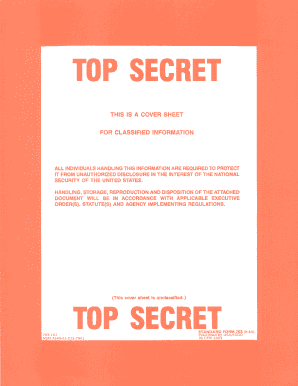Last week Zachery Tyson and I published in Foreign Affairs our indictment of the current Intelligence Community. There was a lot that Zach and I wanted to say and some of it ended up in the clipboard buffer. So let me make a couple of those points here.
One of the reasons why the IC should modernize and become more open is because it has a part to play in addressing the information and truth crisis eroding American democracy. I’m not exactly sure what that part looks like, other than it is a supporting role. But I’m persuaded that a more open, collaborative approach to making sense of the world would help citizens have just a bit more confidence in the information practices and decisions of its government.
The internet has all but destroyed the ability of so-called experts and elites to claim they know better. Actually let me fix that sentence. The failure of organizations, governments, scientists, businesses, and academics to adjust their processes to the reality of the internet has undermined their credibility. So many organizations, not just the Intelligence Community, have persisted with closed, antiquated processes that just sow suspicion, distrust, and conspiracy theories. When so much other information is available, and not all of it is junk, closed information networks and decision processes no longer inspire confidence.
Obviously many parts of any intelligence process could not be made open to the public, but some parts could be. In fact the Intelligence Community already does some of that with its Global Trends Project, but instead of a study being published every few years, imagine if the Intelligence Community maintained a dynamic, real-time information service for the American public, and the world. One issue that could be extensively covered on such a platform is the worldwide COVID-19 crisis. Would its existence have prevented or ameliorated some of the information controversies we’re still living with? I think so if, for example, the platform was interactive, allowed for a moderated but vibrant debate, permitted users to up- and down-vote information, and adapted to changing user preferences. Perhaps such a platform could be a collaboration among government, business, and nonprofits. Imagine if the Gates Foundation and the Koch Foundation could both support such a platform and a diverse group of citizens served as its board of directors?
Fanciful, right? But for democracies to prosper in the future, more of these types of approaches will be necessary.
Some folks commenting on our Foreign Affairs piece have noted that we didn’t say enough about the role Artificial Intelligence will play in the future. Fair enough. But I don’t think that reengineering the current intelligence process with Artificial Intelligence will make it that much better, only presumably a little less human. Using AI to summarize thousands of documents will only manufacture the same uninspiring type of work that many human analysts produce today. Policymakers will find both equally useful…or not. Using enhanced processing networks to pursue new ideas in sensemaking holds much more promise; imagine if AI, by scouring millions of images, could identify subconscious “tells” that would give us some insight as to the mood or veracity of Vladimir Putin or Xi Jinping. Now that might catch a decisionmaker’s attention.
Many of the comments on the piece focus on the Open Source angle but tend to overlook another important recommendation–to supplement formal intelligence products with a more dynamic, less formal, and less hierarchical approach toward assessing breaking events and new information. Some of my favorite information and analysis sites on the internet operate that way: often the most informative and provocative content lives in the comments sections attached to articles. And of course that’s the strength of Twitter: threaded discussions where hundreds of individuals comment and provide perspective on issues of common concern. Ensuring quality on such a platform would be key but there are many useful approaches here, from moderation to some type of certification model before intelligence officers could participate. If the medical profession has been able to make a similar model work, I would hope that committed national security professionals could succeed as well.
But at a minimum, efforts to reform the Intelligence Community have to avoid the Athena complex: the tendency for reformers to overengineer their change proposals as if they had perfect vision on which new ideas will work best in the future. (Like the Goddess of Wisdom Athena who emerged fully formed from the forehead of Zeus.) As Zach and I suggest, we’ll be better off starting small and letting the user community determine where the platform goes.
Who knows where fate will take us!

